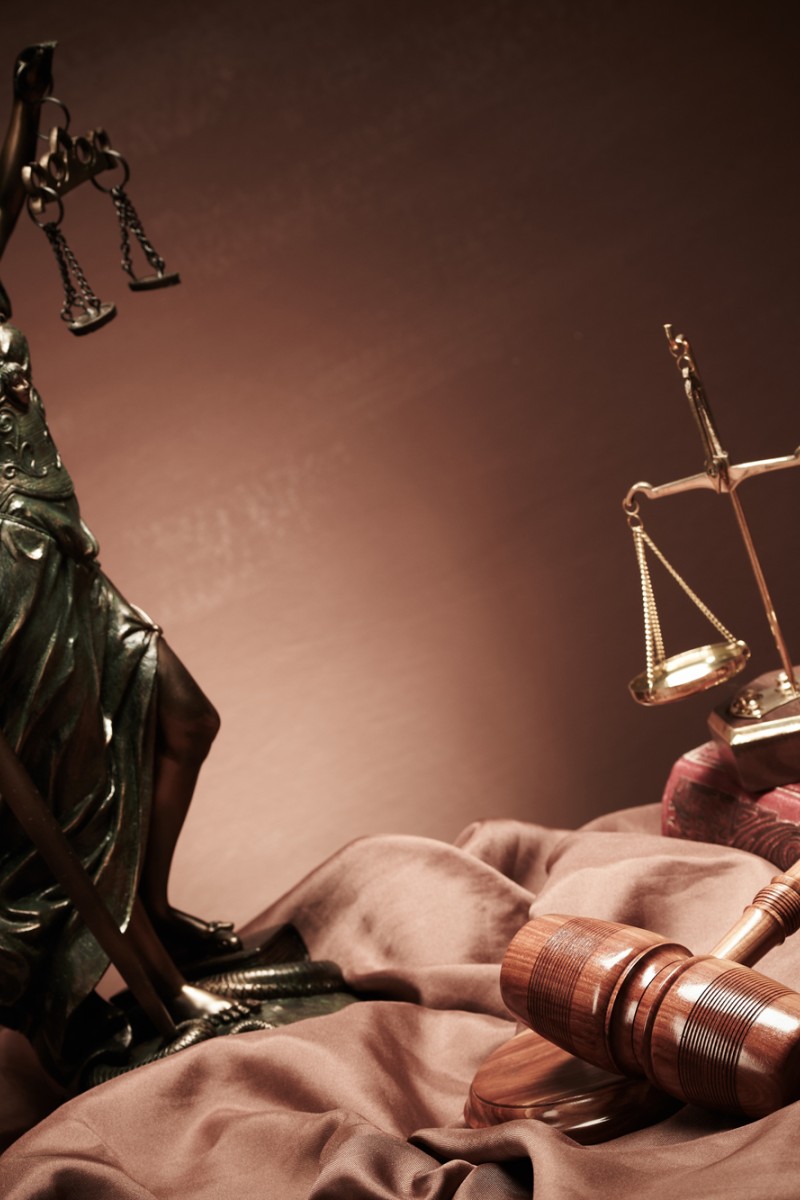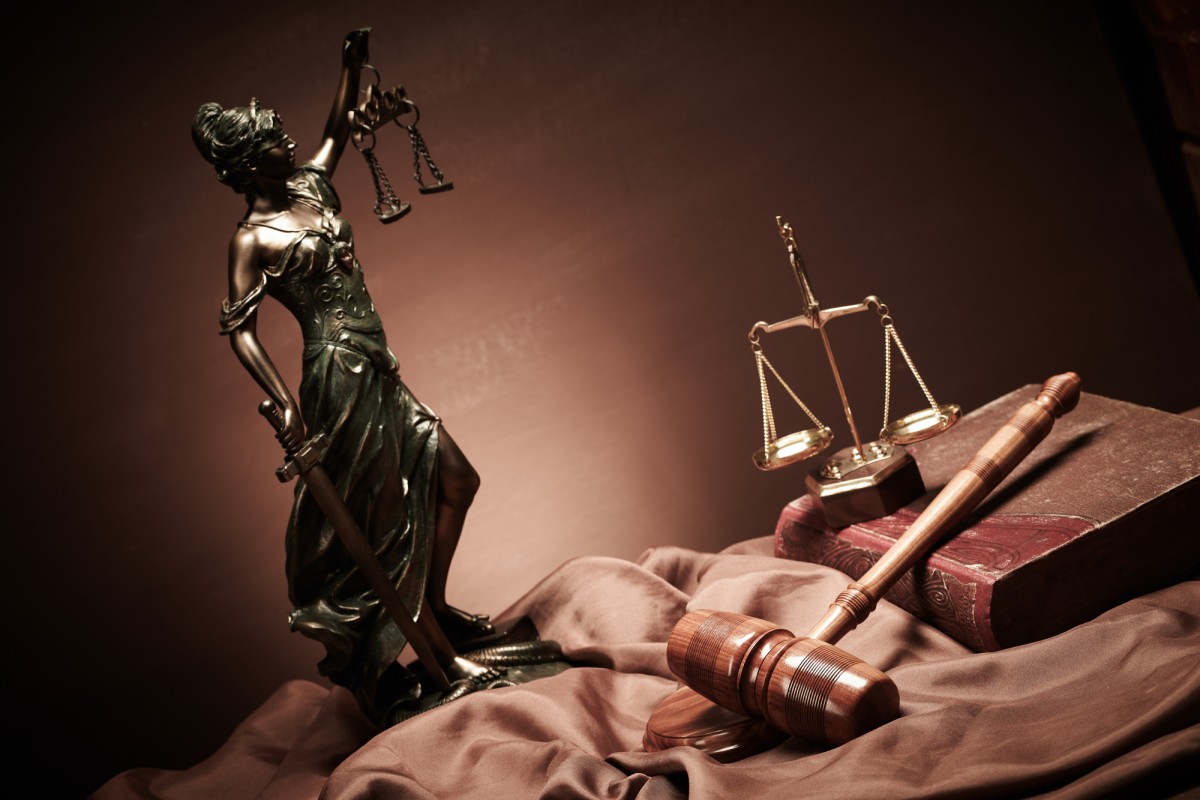
Ever wonder if something you said or did might get you into trouble with the law? Local law experts share 10 things you need to know about the law

We spoke to Stephen Hung, president of the Law Society of Hong Kong; Nick Chan, chairman of the public policy committee of the society; and Dr Surya Deva, associate professor JD programme leader for the School of Law at City University, to find out more about your legal rights in Hong Kong.
1. What is the best thing to do if you are arrested?
After they are arrested, many people want to explain to the police that they are innocent. This may not be the best option because you might spill out other details that police could use to charge you with other crimes. Silence can be golden at times! You have the right to remain silent and to get help from a lawyer. Police have to release you within 48 hours if no charges are placed.
2. What is the difference between a solicitor and a barrister?
A solicitor works mainly on property transactions and contracts. Barristers are the lawyers that appear in court. If you get into trouble, you will need a barrister to defend you.
3. Who goes to a juvenile court?
Offenders who are between 10 and 16 will be put on trial in juvenile court. If the offender is 16 or older when the trial begins, the case will be heard in a regular court, even if he or she was 15-years-old at the time of committing the crime.
4. What is the difference between a criminal case and a civil case?
A criminal case is when the HKSAR government charges someone with a crime. A civil case occurs when one individual sues another individual.
5. Is it ok to buy stolen books if I do not know they are stolen?
It depends if the prosecution can prove that you knew the goods were stolen. If it is suspicious, for example the price of the books was unreasonably low, but you bought them without asking any questions, the law says you have committed an offence.
6. Should I go to the hospital to check for injury if I was assaulted?
Definitely. This is important evidence for prosecutors. Same for victims of sexual assault: they should go to the hospital immediately for an examination.
7. Am I breaking any laws if I claim to be a triad member? (I’m really not.)
It is an offence to claim to be a triad member, even if you’re not. As long as a person feels threatened by your claim as a triad member, you have violated the law.
8. Can I stay out of trouble by asking a friend to beat someone up while I stay behind the scenes?
No. As long as two or more persons agree to do something illegal, they have broken the law. Even if no one gets beaten up, simply planning to do something illegal is an offence. The law sees all people involved in the planning of a crime as conspirators.
9. Is it illegal not to report crimes that I have witnessed?
No. The law does not require anyone to report crimes. But in many cases, young people tell their friends about stealing something and then share the stolen goods with them. Using those goods is a violation of the theft ordinance.
10. Is it an offence to post online messages that urge others to do illegal things?
Most laws that apply to the real world are the same on the internet. Don’t think you can say or do anything you want on the internet because nobody knows who you are. You are not anonymous on the internet. As part of their investigation, law enforcement can get your IP address from your internet service provider.
The latest case: a 23-year-old-man from Tin Shui Wai was arrested and charged with “access to computer with criminal or dishonest intent” and “unlawful assembly” for posting messages to get people to charge at police at the Mong Kok protest area.
To find out more about the law, the Law Society of Hong Kong will host “Teen Talk 2014” on November 29 to encourage discussion on law related issues among students. Visit the Facebook page for more information.